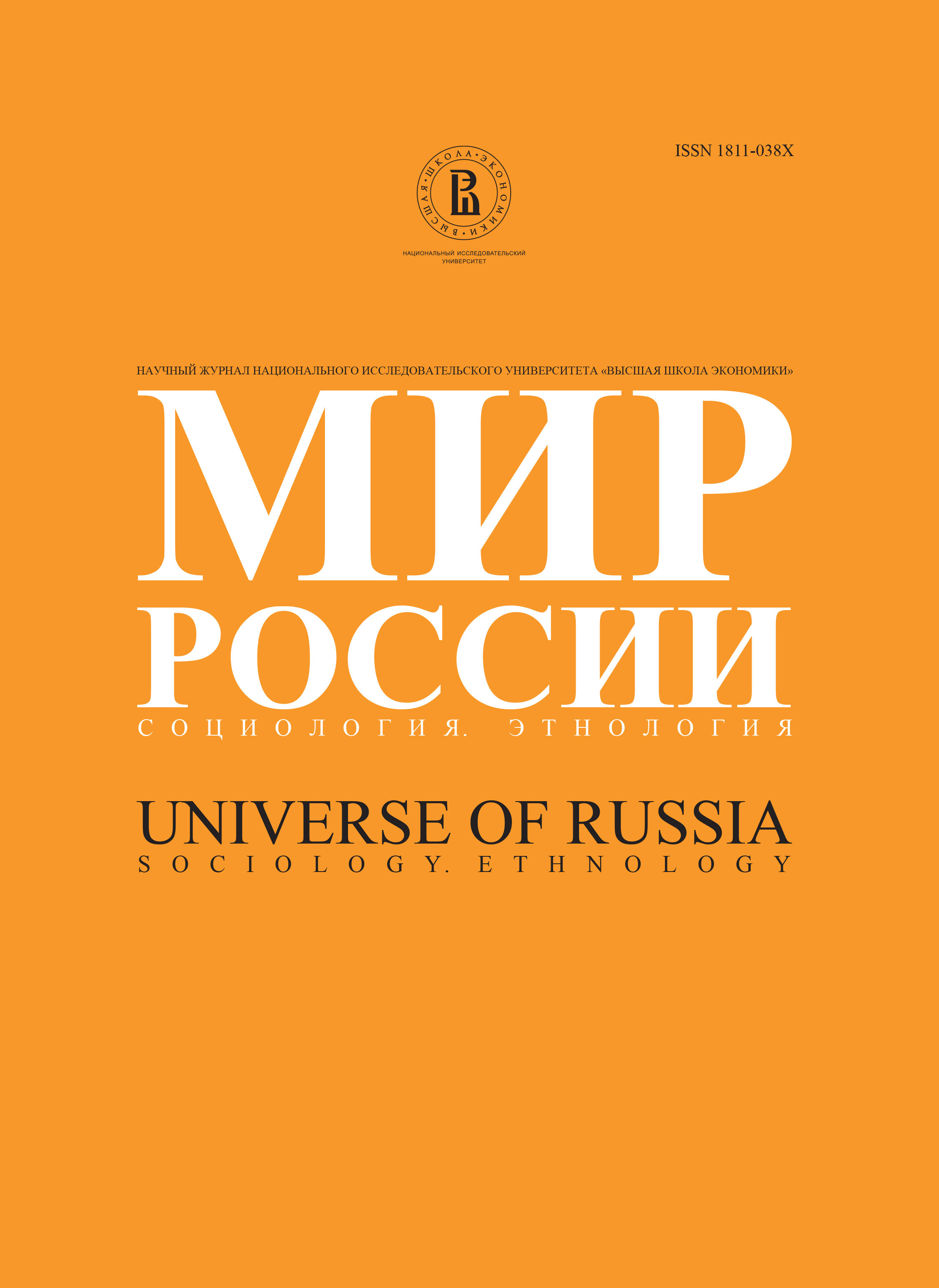Emigration to Far-off Foreign Countries
Abstract
Internal colonization, migration to free lands inside the country has always played in Russia a more important role than external migrations. Nevertheless Russia took part in great intercontinental migrations of the end of the last century — the beginning of this century: since 1861 until 1915 4,3 million people left Russian empire, including almost 2,6 million — in the first 15 years of the 20-th century. Emigration from the USSR was also far from negligible; it had 3 main streams, which are usually called «the first», «the second» and «the third» emigrations. Only the third wave of emigration was relatively voluntary. Nowadays we have every reason to talk about the new, fourth wave of emigration, which as well as the emigration from many other countries is not determined by political factors (as it was before), but by economic ones.At the beginning of the 90-es both in the USSR (including Russia) and in the West there existed an opinion, that opening of boundaries would stimulate a tremendous upsurge of emigration: the estimations came up to 20 million people; but it was clear for the specialists that this danger of «tenth wave» of emigration from the post-Soviet territory was exaggerated. And in fact contrary to the expectations there didn't happen any drastic growth of emigration from Russia outside the former USSR: since 1990 until 2000 1,1 million people left Russia, maybe if we take into account imperfection of the data this figure will be a bit higher.
The article gives somes data about regions of emigration, the emigrants' sex and age structure, standard of education; it is emphasized in the article that emigration has clear marks of brain drain. The ethnic feature of «the fourth wave» of Russian emigration, the basis of which was formed by several ethnic minorities — Germans, Jews and others, remained over the last decade, but it is gradually becoming normal.
More than a half of the emigrants left for Germany, more than a quarter — for Israel, slightly more than 10% - for the USA, more than 3% - for Greece, Canada and Finland and 3% - for all the other countries. Despite the fact that the directions of emigration change slightly (the majority of emigrants leave for Germany, Israel and the USA), in the last years the share of other countries gradually increases, the most significant flows are to Canada and Finland.






